Social media and artificial intelligence (AI) have become integral parts of our daily lives, and they have undoubtedly brought many benefits. However, there is growing concern that these technologies are slowly killing creativity.
The truth is, as human beings, our ability to think creatively can come in waves. Just like the seasons change, so do we. There will be times when you simply don’t feel like creating content or you don’t feel like showing up on camera or for your business, and news flash, you’re human... that’s totally okay!
However, some may argue that social media and the advent of AI is not only killing creativity and originality; but that we have now begun the race to mediocrity.

In this blog post, we will explore the ways in which social media and AI are affecting our ability to think creatively and critically.
The Impact of Social Media on Creativity
Social media has become ever-present in our lives, and many of us spend a significant amount of time scrolling through our news feeds, liking, commenting, and sharing content. However, research suggests that social media use can have a negative impact on our creativity.
One study found that individuals who spent more time on social media reported lower levels of creativity. The researchers suggest that this is because social media use can lead to information overload and a lack of originality in thinking. Social media platforms are designed to keep us engaged and scrolling, but this constant stimulation can hinder our ability to engage in creative thinking.
Another study published found that social media can stifle creativity by promoting conformity. The study found that people tend to post content that aligns with popular trends and opinions, rather than expressing their own unique perspectives (also known as an 'echo chamber'). This can create a culture in which creative thinking and original ideas are discouraged.
The Impact of AI on Creativity
The advent of AI has also raised concerns that it is essentially a race to mediocrity.
AI systems are designed to automate tasks and make our lives easier, but they can also lead to the diminishing of originality and overall creativity. When AI generates content, it tends to produce works that are within the average range of what is considered "good" or "acceptable". This can lead to a world where everything looks and sounds the same, again, ruining creativity and originality. As AI continues to become more advanced and more widely used, it is important to consider the potential impact it could have on our ability to think creatively and to produce original work.
While AI can be a powerful tool for enhancing efficiency, it is important to use it in a way that encourages, rather than stifles, the human capacity for original thought and expression.
One way in which AI is affecting creativity is through the use of algorithms. These algorithms are designed to predict what users want to see and recommend content accordingly. While this can be convenient, it can also limit the range of content that we are exposed to, which can hinder our ability to engage in creative thinking.
Look at it this way, we know that our feeds are built by recommendation-based algorithms; and these algorithms will filter us content that it assumes we will enjoy and engage with. And the more that we engage with this type of content, the more similar content will be shown in our feeds. And here is where the ‘filter bubble’ or the 'echo chamber' begins to take form.
If we are constantly seeing the same type or similar type of content, the question then becomes – do algorithms reflect who we really are, or do they shape what we think, how we perceive and what we do?
This is a question that can be heavily debated but one thing is clear – if you want a new and different perspective, you must get out of your own ‘filter bubble’ or 'echo chamber' that you’ve been filtered into by recommendation-based algorithms.
There are tons of content that you may never see because the algorithm simply won’t filter it to your feed. Therefore, you don’t know what other thoughts, ideas, or perspectives you’re missing out on because you don’t know what you don’t know.
So, when we think about it in this way, we are somewhat experiencing confirmation bias. And we know that confirmation bias can be a dangerous thing because how can we think critically if our perspectives are not challenged?
To think critically, we must challenge our own ideas and one way to do this is to try and understand the perspectives of others. And one way to do that – is to get out of your ‘filter bubble’ or 'echo chamber.'
Another way in which AI is affecting creativity is through the automation of creative tasks. AI systems are increasingly being used to generate content such as music, art, and even literature. While these systems can produce impressive results, they also raise questions about the role of human creativity in the creative process.
A study published in the Journal of Artificial Intelligence Research found that AI-generated content is not as highly valued as content created by humans. The study found that participants were more likely to rate human-generated content as being more creative and original than content generated by AI. This suggests that AI may not be capable of replicating the full range of human creativity (yet).
In conclusion, social media and AI are having a significant impact on our ability to think creatively. However, it is important to note that these technologies also have many benefits, and they are not inherently harmful to creativity.
Rather, it is how we use them that determines their impact on our ability to think creatively. It is absolutely crucial that we find ways to effectively incorporate AI into our daily lives and businesses, rather than trying to fight what most deem inevitable.

written by:
Adriana Leos
Chief Creative Officer
vznayres

Comentários